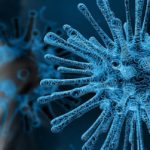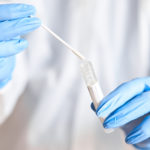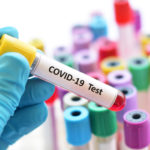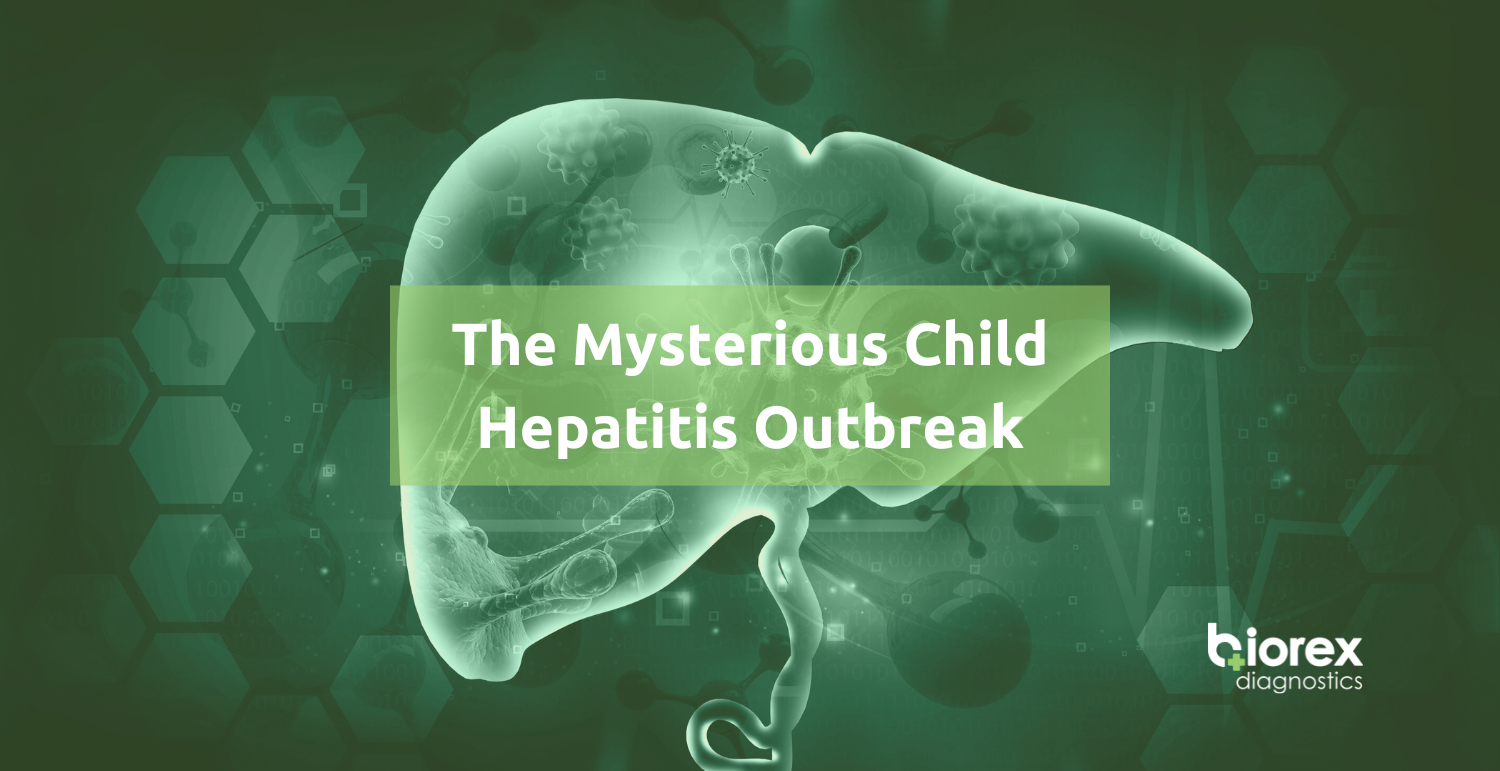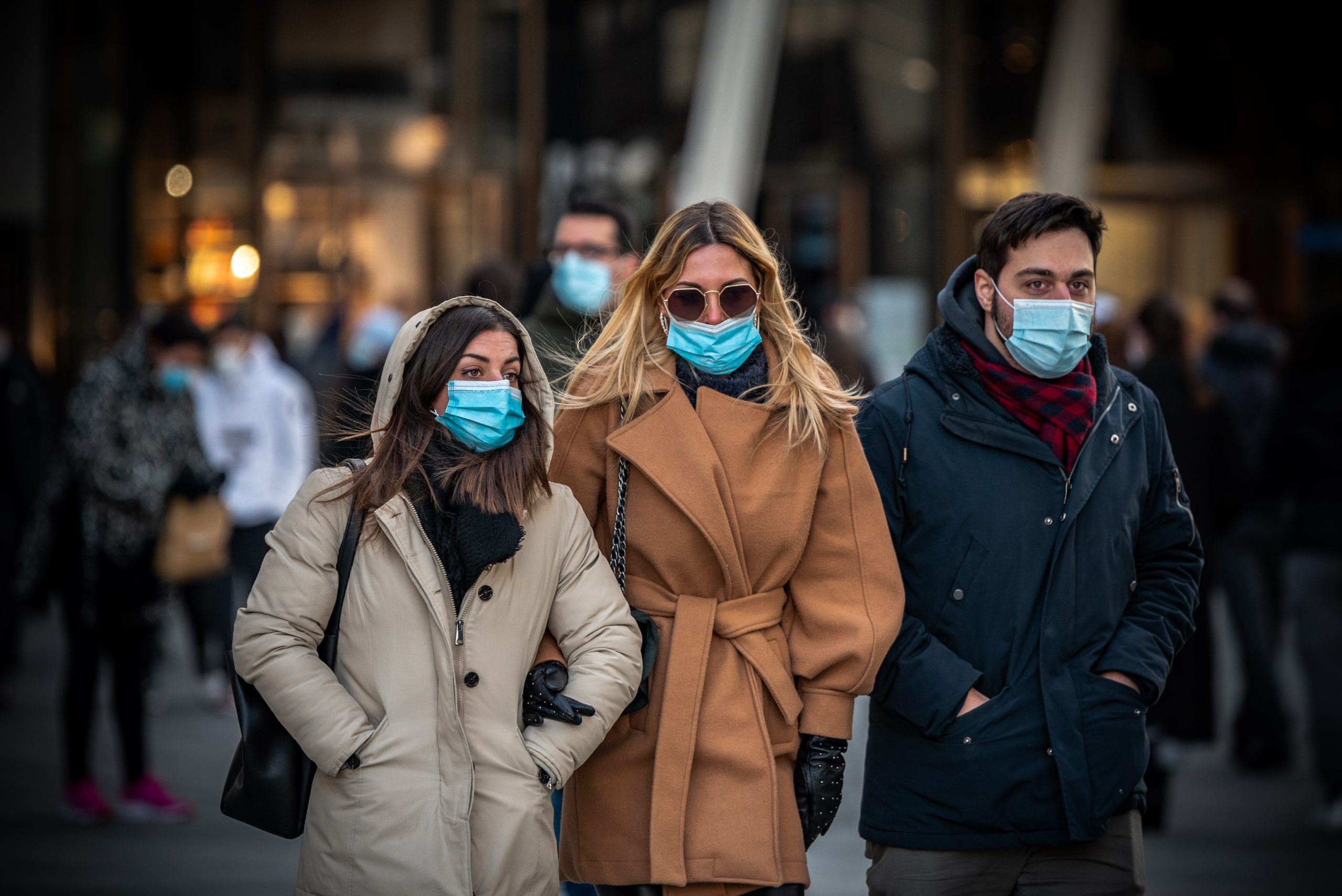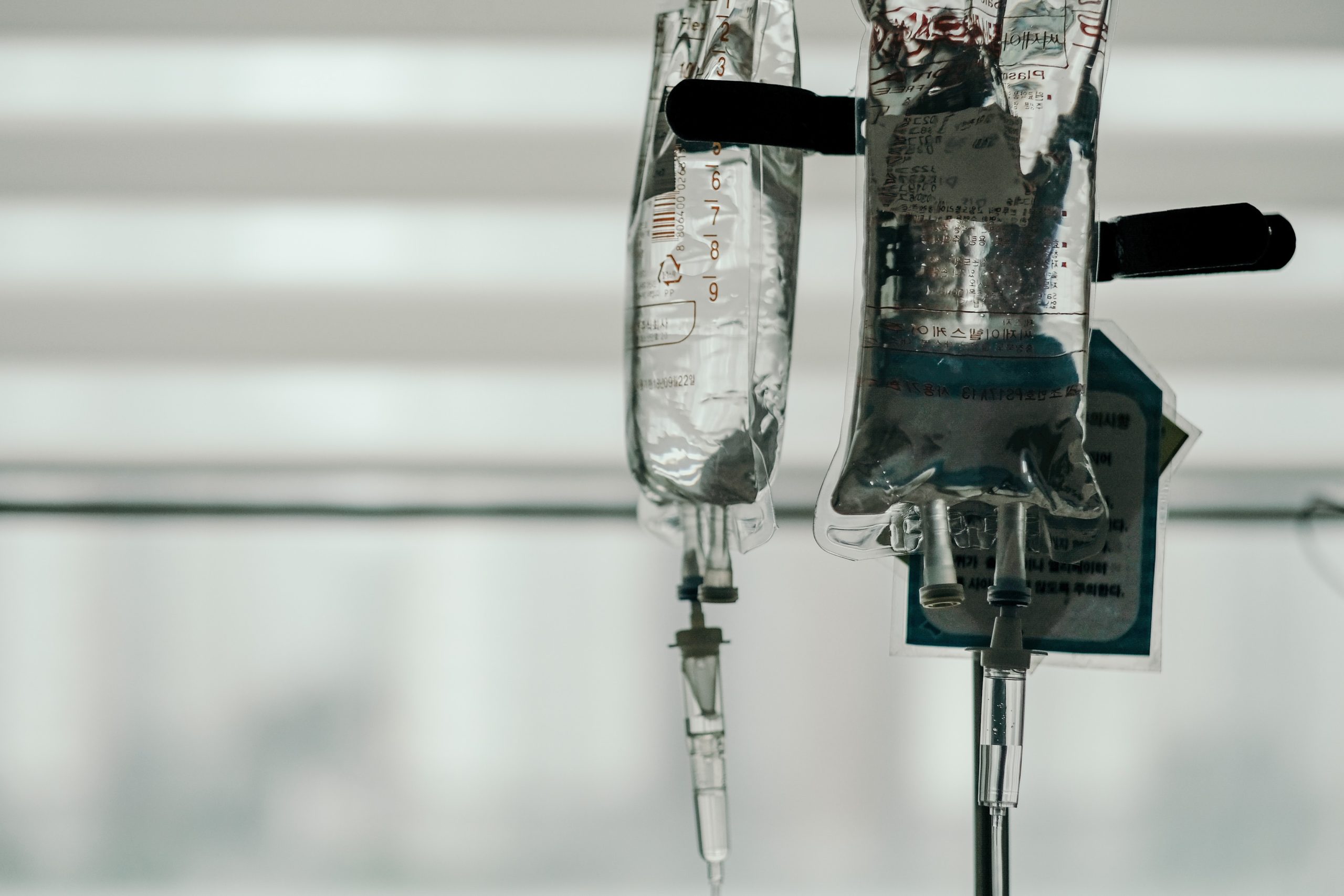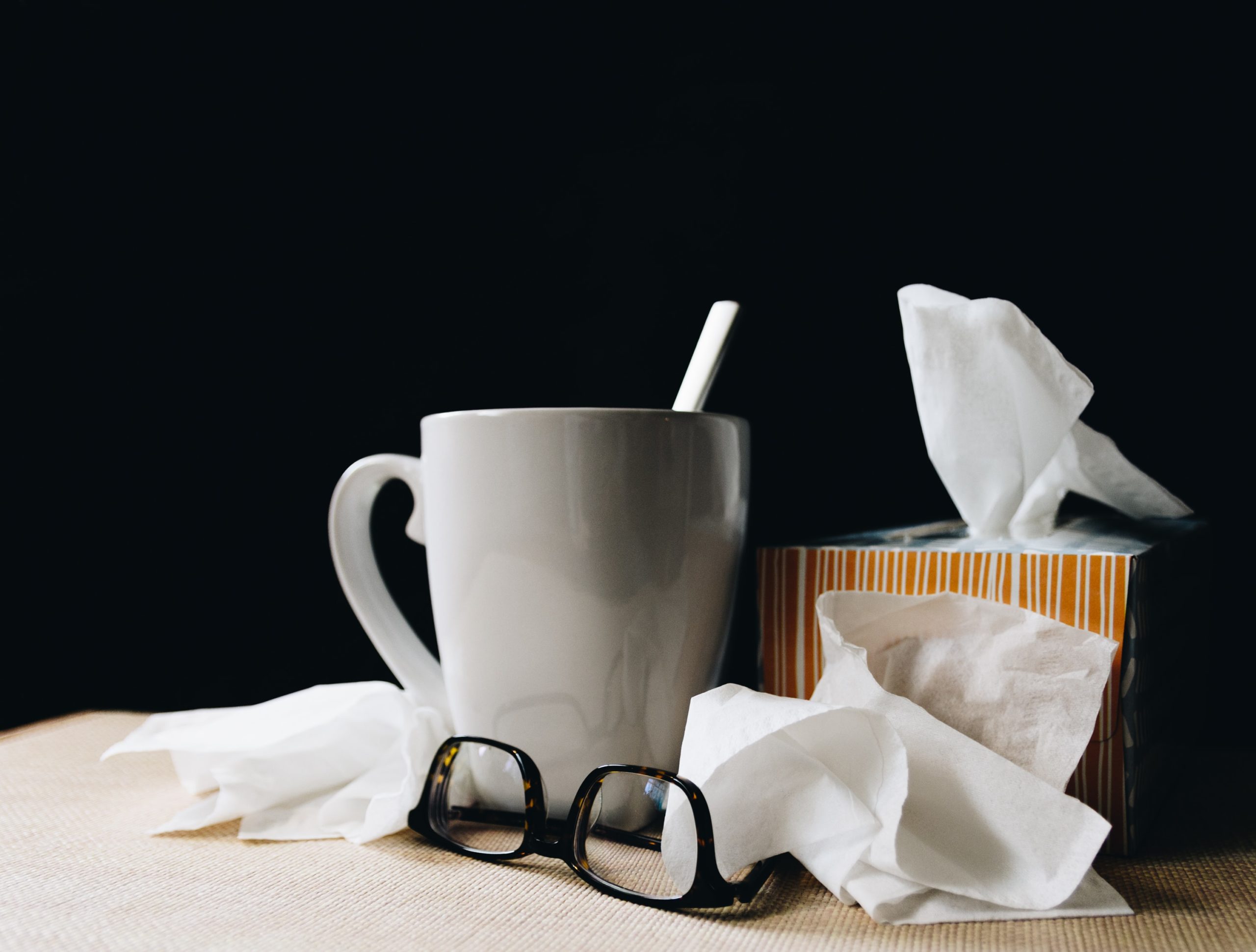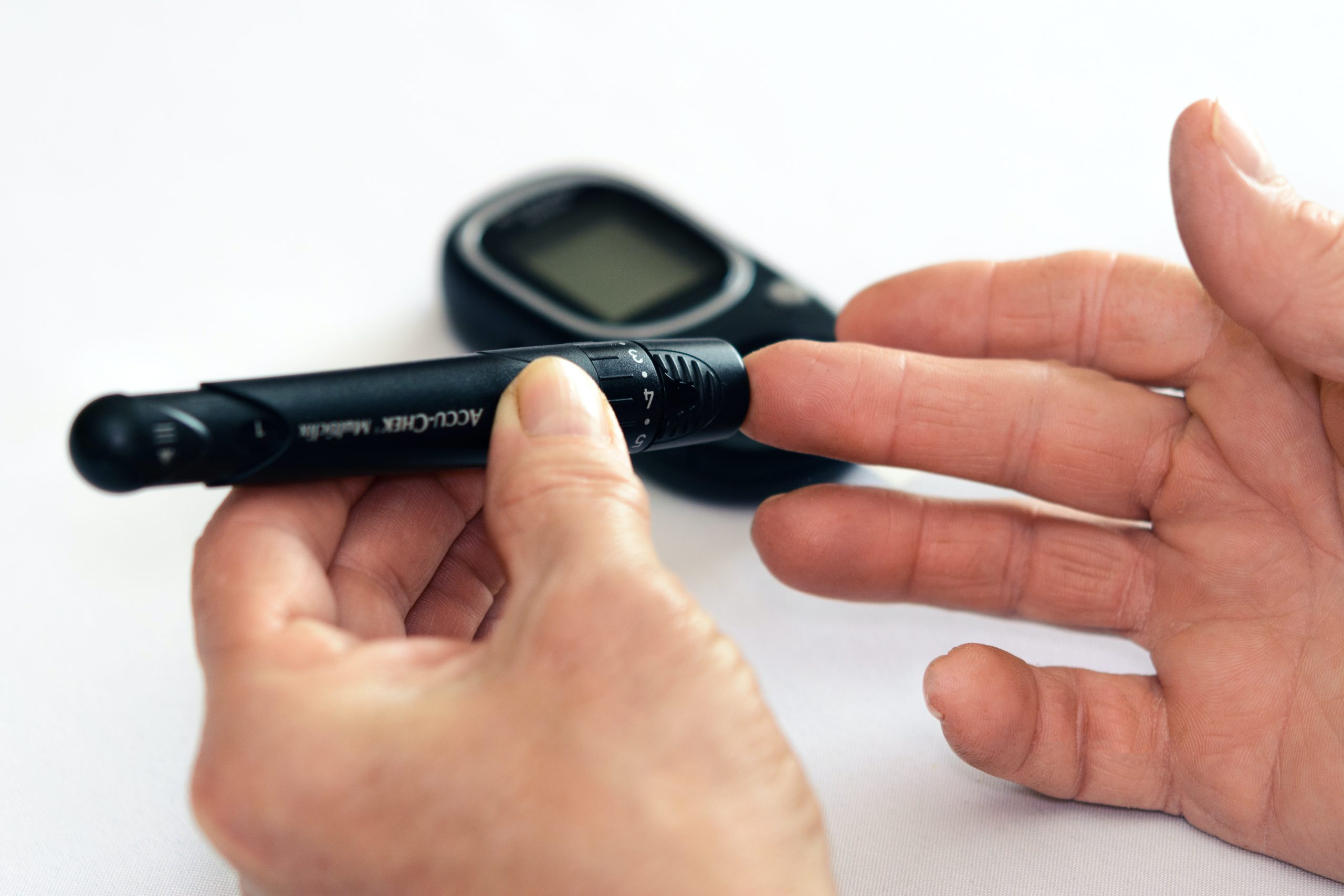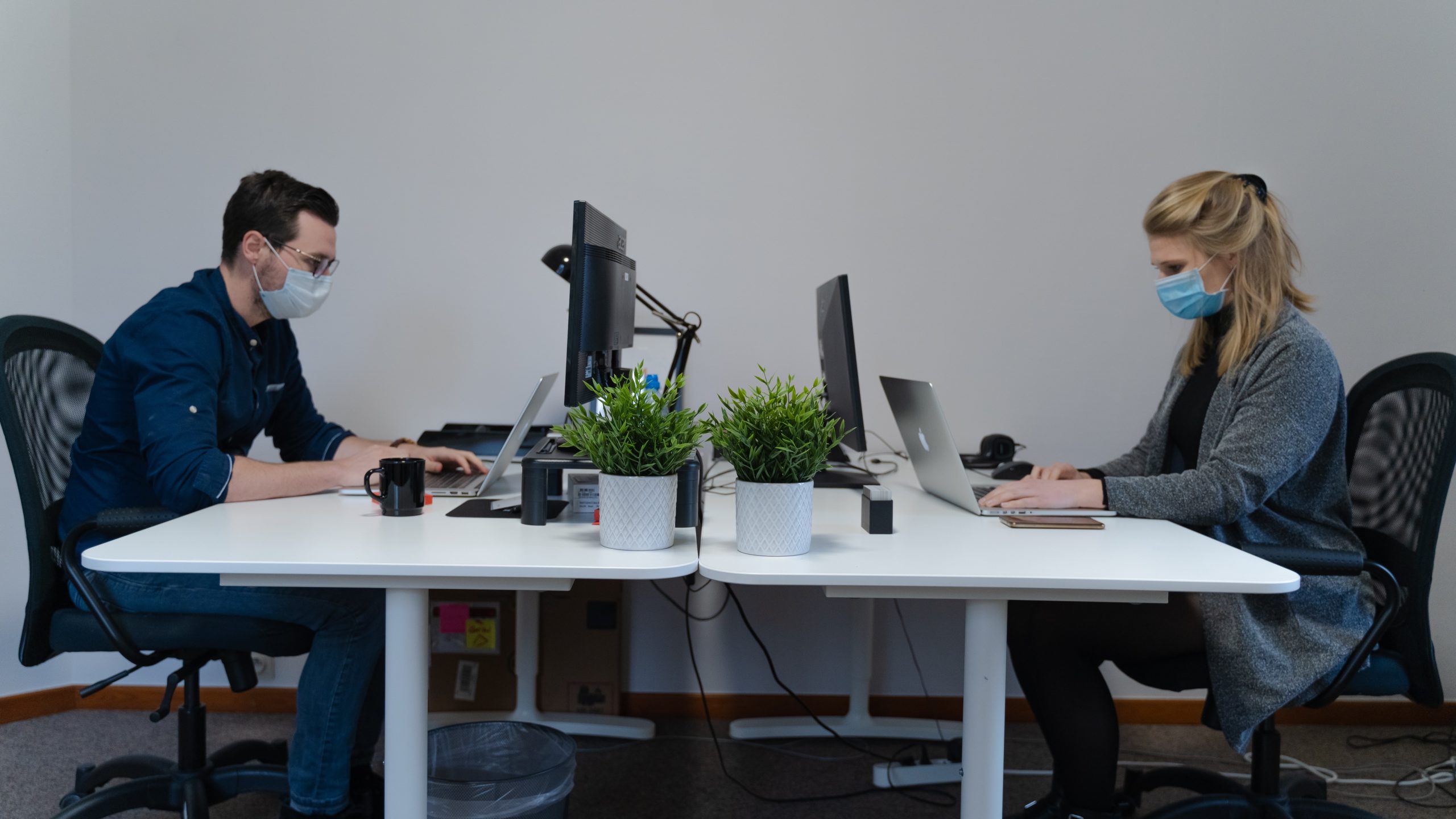The Mysterious Child Hepatitis Outbreak
The Mysterious Child Hepatitis Outbreak There has been an outbreak of severe acute hepatitis of unknown aetiology in children since 5th April 2022. 1,010 probable cases have been reported from 35 countries in five WHO Regions, as of 8th July 2022. Three additional countries have reported cases, however, as they are pending classification, they have not been included in the probable case count. On reviewing the probable cases, 2% (n=22) of children have died and 5% (n=46) of children have required liver transplants. There are possible links between severe acute hepatitis and a couple of respiratory illnesses, including the adenovirus with
Biorex Diagnostics Has Rebranded
To celebrate 20 years of trading, Biorex Diagnostics have unveiled a new visual identity to reflect the growth of the business over the years. The company is constantly seeking new ways to innovate and grow within our field. It was the business’ aim to be modern and in style with the healthcare industry but also to differentiate ourselves from other brands. “Biorex Diagnostics is a rapidly expanding innovative primary diagnostics manufacturer based in the United Kingdom. We specialise in the development, manufacturing and distribution of a range of Medical Diagnostics and Point of Care Tests for a global market.” Our new logo is
What is the difference between Omicron and other COVID-19 variants?
With the new Omicron variant sweeping the world faster than any other coronavirus strain before it, how concerned should we be? On 24th November 2021, the first Omicron case was announced in South Africa, (The Guardian), with the first sample of the virus dating back to 9th November 2021. Meaning this variant could already be across the world before it was founded and announced. On 26 November 2021, WHO designated the variant B.1.1.529 a variant of concern, named Omicron, on the advice of WHO's Technical Advisory Group on Virus Evolution (TAG-VE), (WHO). The omicron virus has an unusual profile in comparison to other COVID-19
COVID-19 rising despite vaccine rollout
On 1st November 2021, the COVID-19 death toll surpassed five million despite the ongoing vaccine rollout, (BBC News). Although the World Health Organisation have recently released that this number could be two to three times higher than official records, (WHO). These worrying statistics remind the public that following the social distancing guidelines from the government have previously outlined. Despite this recommendation no longer being essential in many parts of the world, it is still important to take it into consideration as the winter months continue and infection rates rise. Therefore, some ways to reduce the spread of COVID-19, save lives and protect
Cancer mortality rates could rise further due to the COVID-19 pandemic
The COVID-19 pandemic, specifically the initial lockdown, saw the world come to a standstill, where people in the UK were told not to leave their homes for any reason bar the following; Shopping for basic necessities, as infrequently as possible One form of exercise a day Any medical needs, to provide care or to help a vulnerable person; and Travelling to and from work, but only where this is absolutely necessary and cannot be done from home. (GOV.uk) Despite one of the essential reasons for being able to leave the house included medical attention, many people were in such a state of
HIV vaccine shows success in making virus undetectable in monkeys
To raise awareness this World AIDs Day, it is important to focus attention on the research and development currently underway to combat HIV and AIDs. With the HIV virus, that causes AIDs, making its way to the western world in the early 1980’s, research into the virus has been constant since this time. It has recently been announced that ongoing research in Japan has shown that the HIV virus, ‘became undetectable in six out of seven test subjects’, (Neoscope). The Tsukuba Primate Research Centre have created a vaccine that was able to kill HIV in macaques during early trials. The macaques
The impact of influenza on the current COVID-19 situation
As the winter months roll in and the temperature decreases, the one thing on everybody’s mind is influenza and the impact this could have on the current COVID-19 situation. Last year, it was found that despite the worrying rising numbers of COVID-19 worldwide, the rates of influenza flattened across the Northern Hemisphere at the end of 2020, (Biospace). But will there be the same outcome this year with the infections further increasing, the reduction of social distancing measures and more retail and hospitality opening up? Both illnesses impact the respiratory system of the host, but there are many more differences
Diabetes treatment and medications prioritised in new WHO Essential Medicines List
The annual WHO Essential Medicines List has been released and the concentration of the publication was insulin analogues and new oral medicines for diabetes. This is a huge leap in an attempt to make diabetes medications and treatments more readily available for low- to middle-income countries. Diabetes is a lifelong condition that causes a person’s blood sugar level to become too high. There are two main types of diabetes. Type 1 Diabetes – This is where the body’s immune system attacks and destroys the cells that produce insulin. Type 2 Diabetes – This form of diabetes is where the body does not produce
Llama antibodies and the SARS-CoV-2 virus | What is the link?
A new study from The Rosalind Franklin Institute has suggested that llama antibodies may be the next Covid-19 treatment reaching clinical trials in the UK. These llama antibodies, also known as nanobodies, have shown a rather promising development in the fight against COVID-19 and could provide the new frontline treatment against the SARS-CoV-2 virus. Nanobodies are a smaller form of antibodies generated by the camelid family, including animals such as llamas, alpacas and camels. These nanobodies have been found to bind tightly around the COVID-19 virus particles in the system and neutralise it, (The Independent). They can be created in laboratories
As More Employees Are Brought Back To The Office, What Steps Need To Be Taken To Stay Safe From COVID-19?
During the COVID-19 lockdown, 8.4 million people in the UK were told to work from home, protecting themselves and their colleagues, (Office for National Statistics). As the COVID-19 restrictions ease, many employers have begun to encourage their workers to come back to the office. This can be a worrying thought for someone who hasn’t been in the workplace for over a year. There are many ways to make sure you keep yourself, friends and family safe upon returning to work: Wear a mask and / or socially distance Wearing a mask when social distancing cannot be maintained is key to keeping yourself
